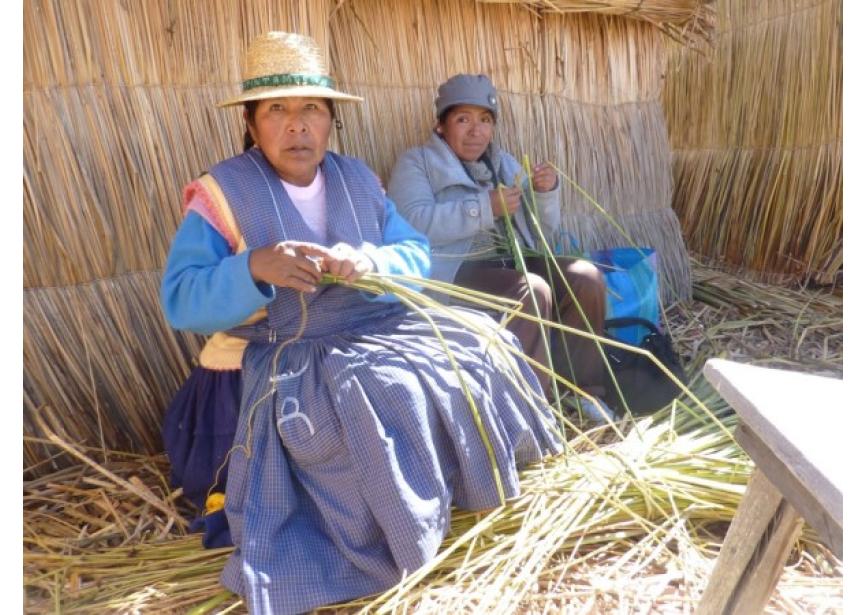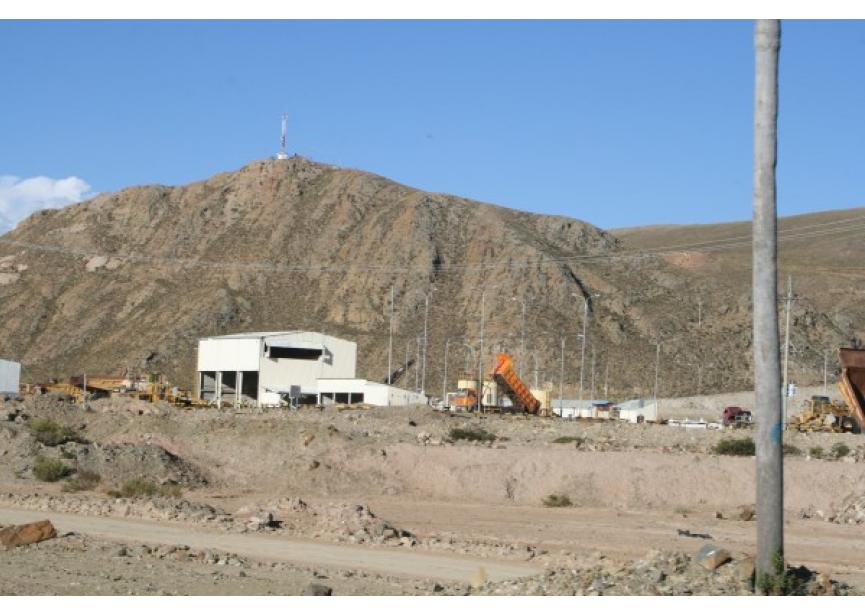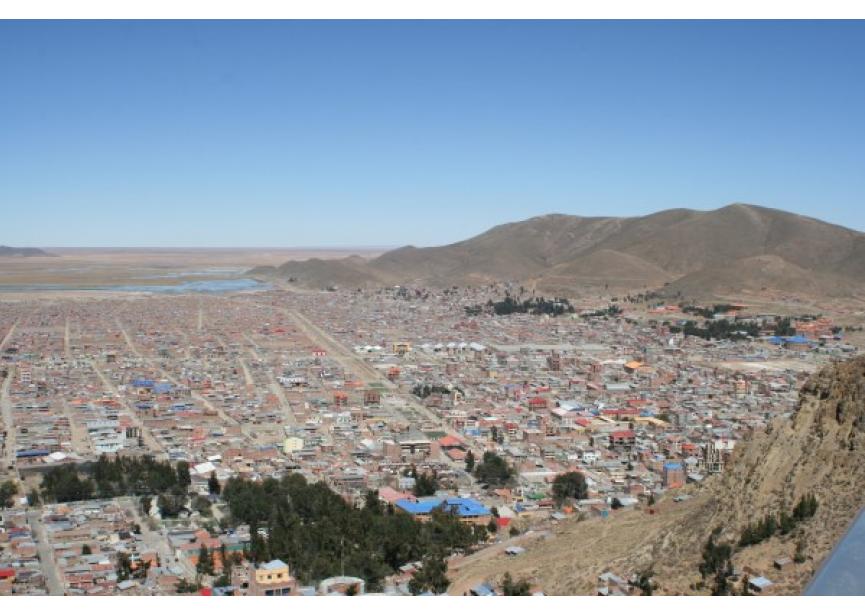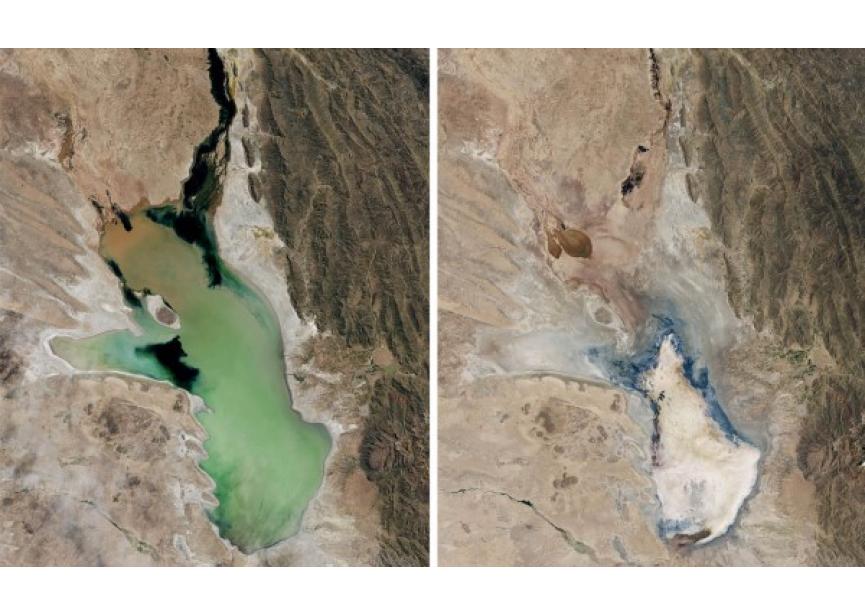CEPA
CEPA (Center for Ecology and Andean Peoples) was founded by Gilbert Pauwels (anthropologist, from Geluveld, Ieper) on December 8, 1995 in Oruro - Bolivia, a mining town on the Bolivian Altiplano, at an altitude of 3700 m.
The goal of CEPA is to strengthen local cultures (Uru, Aymara and Quechua) by helping them to take on leadership, work better together and to put their oral traditions in writing. On the other hand, there is the great concern for the environment of these peoples, which has been polluted by mining for centuries. There is a large gold mine near the city of Oruro, both. located on the northern edge of Lake Uru Uru. In 2015 the connection to the much larger Lake Poopó to the south dried up, and has not yet recovered. There is also heavy air pollution from the large Vinto tin smelting plant on the outskirts of Oruro. Serious water polution results from emissions from the plant, with along with all the city's waste water is discharged into the plain north of Lake Uru Uru.
In its more than 20 years of existence, CEPA has succeeded in consolidating itself in the region as an organization committed to the social and socio-cultural rights of the Oruro people. It continues to seek social and environmental justice and intercultural reciprocity, in a healthy and harmonious environment.
CEPA has more than 80 own publications: books and brochures about the environment and Andean cultures, environmental problems, pollution from mining, etc. Training sessions, conferences and campaigns are regularly organized about this, research and supervision of environmental and ethnic-cultural conflicts.
In 2010, Bolivian president Evo Morales gave Gilbert Pauwels the highest distinction of the Oruro department for his many years of commitment to the Indian population.
CEPA - Processiestraat 1 - 8790 Waregem
www.cepaoruro.org




